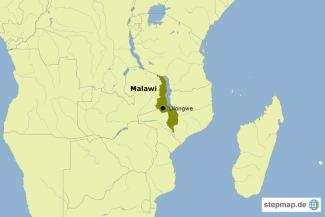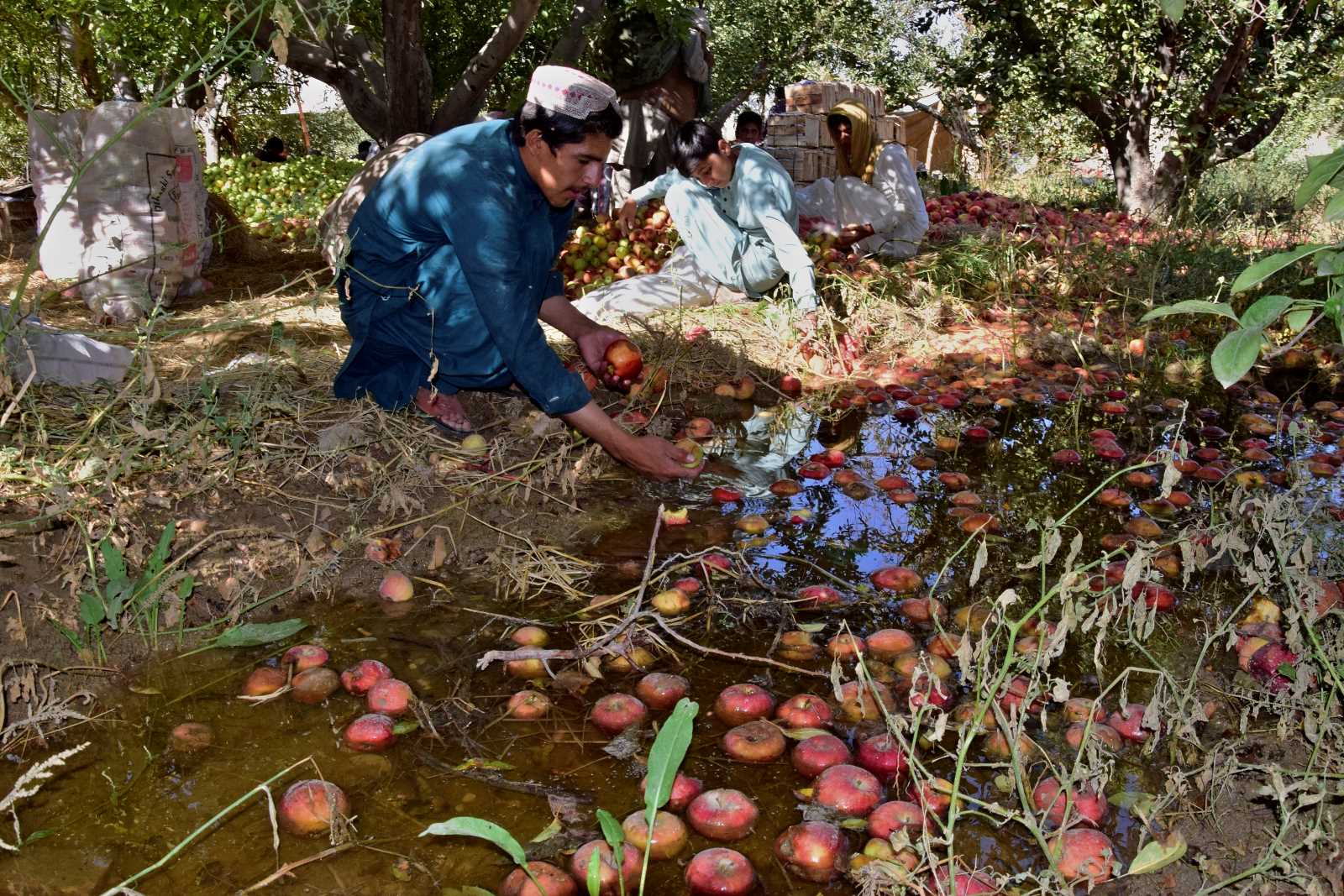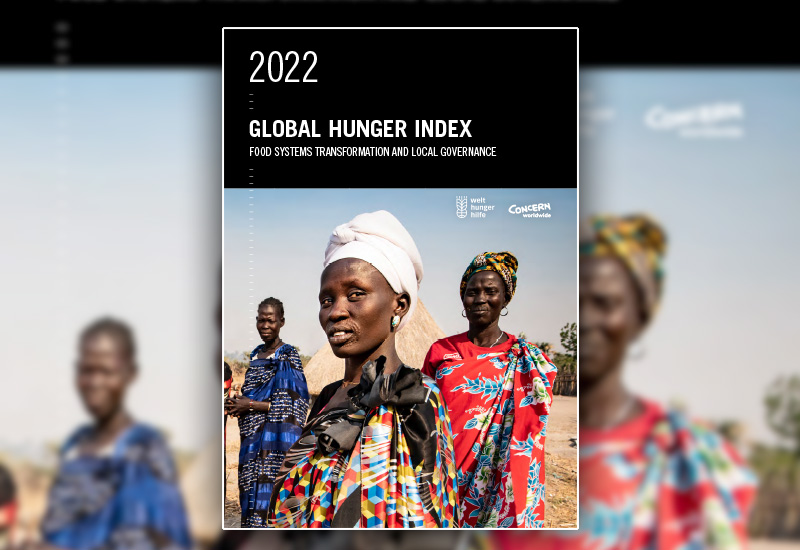Reforestation
For a sustainable future, Malawi must restore forest lands

In the 1970s, when Sosten Chiotha was a student, the forest in the Zomba Nature Reserve near his university was lush and flourishing. “As a student of physical science I visited the mountain regularly for practical observations,” recalls Chiotha, now the regional director for southern and eastern Africa at Leadership for Environment and Development (LEAD), an NGO focused on sustainable development.
Today, the once-thriving forest is withering away. Depressingly, that is true of woodlands across the country. According to Index Mundi, a data portal, forests covered 41 % of Malawi’s land mass in 1990. By 2015, the share was a mere 33 %. Things have been getting worse since.
The loss of forest land has several causes. As the population grows, communities convert natural areas to agricultural uses and build houses and roads. At the same time, many Malawians rely on firewood and charcoal for energy, further depleting the forests.
Deforestation has alarming consequences. When trees are cut down, the soil around them becomes less able to absorb water. Rainwater runs off quickly, instead of seeping into the ground. Accordingly, groundwater supplies dwindle. Further consequences include flooding, soil erosion and more greenhouse-gas emissions.
To deal with these problems, the government should take steps to restore forests, Chiotha says. In his eyes, a vigorous programme of land conservation and tree planting is necessary. The benefits of reforestation include bolstering biodiversity and better adaptation to climate change.
As a step in this direction, LEAD is working with community groups to reclaim former forest land near Zomba, a city in south-eastern Malawi. East of the city, at Sadzi near Lake Chilwa, is a hill with 67 hectares of now-degraded land. The area has chronic floods and mud slides due to deforestation.
LEAD and its partners are planting trees at Sadzi to control flooding and restore groundwater supplies. “We managed to ban infrastructural development and farming in the area,” says Chiotha. “We have reduced erosion, started to replenish the water table and increased plant and animal diversity.” (Also see my article on biodiversity on www.dandc.eu.)
The work at Sadzi has already reduced flooding there, Chiotha says. “When we started in 2013 the vegetation cover was under 20 % and now it has almost doubled.” As the newly planted trees grow at the Sadzi site, the Zomba region will see lower greenhouse-gas levels, he predicts.
Chiotha believes this approach can be used elsewhere, including in cities. The key is to persuade local community groups to join the effort.
Building such coalitions is not easy, since communities worry that planting trees in places such as river banks will block other uses for the land. People who have already built houses in green spaces in cities like Zomba and Blantyre raise strong objections, Chiotha says. “It is very tough to get them to understand that those should be conservation areas rather than settlement areas.”
Ultimately, the biggest obstacle is short-term thinking, as communities focus on immediate problems rather than on long-term protection of the environment and livelihoods, Chiotha believes.
“Government should set up programmes for the next 15–20 years to establish forests where there have been none, and to plant trees on recently deforested land,” he says. “Non-governmental organisations and the private sector should be able to contribute to these programmes. Once that is done, we will see a change in the country.”
Rabson Kondowe is a journalist in Blantyre, Malawi.
kondowerabie@gmail.com














